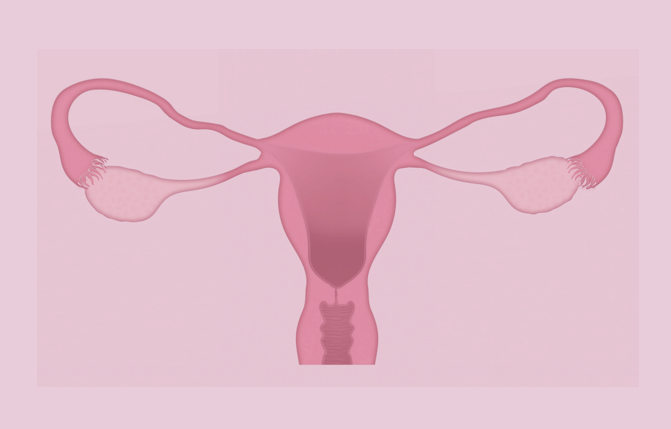
When was the last time you saw your gynaecologist?
Also, sorry blokes, this one’s for the ladies…
What is a gynaecologist?
A gynaecologist is a doctor who specialises in women’s health, particularly focusing on the female reproductive system.
They deal with a number of issues including menstruation, pregnancy, childbirth, fertility, hormone disorders, and more.
When should I see a gynaecologist?
You should always consider booking an appointment with a qualified gynaecologist if you are a woman with inexplicable health concerns. An recurrent, irregular period may be something you have become accustomed to, however this is unusual and may be caused by other issues. It’s vital to take your health seriously! Many issues that can be assessed, diagnosed and treated by a gynaecologist include but are not limited to the following:
- Issues relating to pregnancy
- Fertility including IVF, IUI & OI
- Menopause
- Menstruation including irregular periods
- Sterilisation
- Termination
- Endometriosis
- Polycystic ovary syndrome
- Urinary incontinence
- Benign conditions e.g. ovarian cysts & fibroids
- Pre-malignant conditions e.g. Cervical Dysplasia
- Pelvic inflammatory diseases, including abscesses
The list is pretty exhaustive but it gives you a good idea of the wide range of health concerns that a gynaecologist can help you with. One thing I find quite reassuring about seeing a private gynaecologist is that they’re a consummate specialist in their field. They’re not your average locum GP, they are professionally trained in that specific area of medicine and as a result, can probably offer more effective treatments and solutions simply because they have more knowledge and experience in that female health.
How can a gynaecologist help me?
Qualified gynaecologists are fully trained and experienced in not only consulting patients and diagnosing health concerns, but they are also able to physically carry out a number of gynaecological non-invasive and surgical procedures too. If you have had a consultation with your gynaecologist and your problem requires treatment in the form of procedure, they will be able to help and make professional recommendations.
Common gynaecological procedures can include the following:
- Colposcopy
- Endometrial Biopsy
- Ultrasound Scanning
- In-Vitro Fertilisation (IVF)
- Advanced Laparoscopy
- Intra-Uterine Insemination (IUI)
- Hysterectomy
Don’t worry if you’re unsure as to which procedure you might require. That’s why your gynaecologist is there. They will ask you many questions to diagnose your health concern and to offer a plan for treatment.
Common Misconceptions About Gynaecologists
“It’s too expensive!”
Contrary to popular belief, visiting a gynaecologist does not cost the earth. Many gynaecology services are available on the NHS and even private gynaecologists attempt to keep their fees affordable so as to ensure that women are able to access the healthcare services they need.
“I haven’t got time to groom before I go!”
No, you do not have to wax or shave before your appointment! Of course, many women would perhaps feel more comfortable if they did but it is certainly not a requirement or expectation. Gynaecologists are wholly used to performing examinations on women.
“I can’t go, I’m on my period!”
Wrong! In the majority of cases, you can still attend you gynaecology appointment if you are on your period. However, this does depend on why you are visiting in the first place. If you are unsure about whether you can attend whilst on your period, just give your gynaecologist a call to discuss your concerns with them.
“I can’t tell them that!”
In fact, you can tell them anything. As a medical professional responsible for the correct diagnosis and subsequent treatment of your female health concerns, it’s imperative that you share as much relevant information with your gynaecologist as possible as this may shed more light on your issue.
Helpful? I hope so!
I think it’s safe to say that a lot of women are guilty are putting off appointments when it comes to more sensitive areas of the body, but with little attention to issues that could potentially become more problematic, you run the risk of developing long-term health concerns. No one wants that, so it’s important to put yourself, and your health, first at all times. Nobody enjoys going for a Smear test, in fact, most of us dread it. The last thing you want to do on a Friday after work is drop your drawers in a doctors surgery while your physician puts mining helmet on to extract a cell sample. That being said, any issues are dealt with quickly and effectively as a result. Can’t argue with that, right?
Self care is essential, so put it at the top of your list of priorities.




